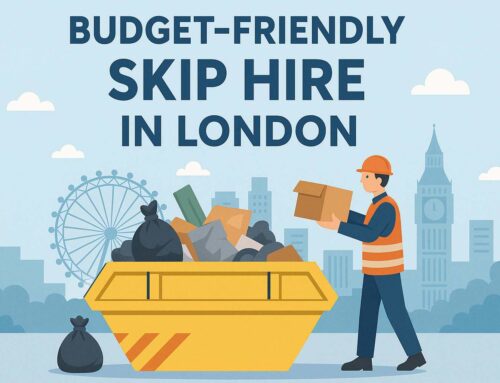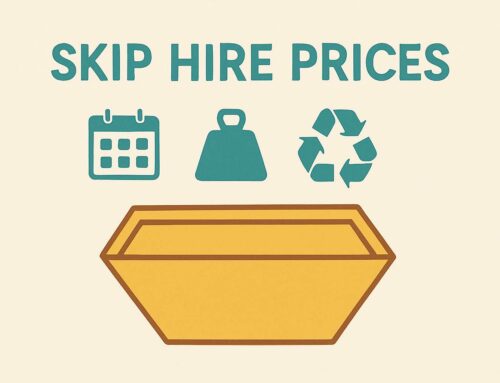The escalating global plastic waste issue poses one of our era’s most pressing environmental challenges. Effective recycling processes have become paramount, with millions of tonnes of plastic waste generated annually. At the heart of this ecological crusade stands JN Skip, a pioneering waste management company committed to advancing plastic waste recycling. This article aims to dissect the complexities of the plastic recycling process, offering a comprehensive guide from the initial collection to the final recycling stages.
The world faces a dire plastic waste dilemma, with vast quantities accumulating in landfills and oceans, wreaking havoc on ecosystems and marine life. Plastic recycling offers hope, aiming to mitigate this issue by transforming waste into reusable materials. Understanding this process is crucial for enhancing recycling rates and minimizing environmental impact.
1. The Journey of Plastic Waste
- The Collection of Plastic Waste: The journey begins with the collection of plastic waste, which originates from various sources, including households, businesses, and industrial outputs. Effective collection strategies, such as those facilitated by JN Skips through skip hire prices, are vital. These services offer convenient waste disposal options like mini skip hire and ensure that plastics are efficiently collected for recycling despite the challenges posed by waste contamination, which can significantly hinder recycling efforts.
- Sorting and Cleaning: Post-collection, plastics undergo a critical sorting and cleaning phase to prepare them for recycling. This stage separates plastics by type and removes contaminants. Despite technological advancements in sorting mechanisms, contamination remains a significant challenge, often compromising the quality and recyclability of the plastics collected.
2. Types of Plastic Recycling Processes
- Mechanical Recycling: This process involves physically breaking down plastic waste into smaller pieces, which are then melted and reformed into new products. While mechanical recycling is the most common method, its efficacy is limited by the degradation of plastics’ quality over time, which can restrict the recyclability of certain polymers.
- Chemical Recycling: Chemical recycling offers a solution to the limitations of mechanical recycling by breaking plastics down into their original chemical components. This method can potentially recycle otherwise non-recyclable plastics, though it is complex and requires significant energy input.
- Energy Recovery: For plastics unsuitable for recycling, energy recovery presents an alternative by converting waste into energy. This process, while controversial, provides a means to utilize non-recyclable plastics, contributing to energy production and reducing reliance on fossil fuels.
3. The Challenges of Plastic Recycling
- The recycling of plastics is fraught with challenges, from the complexity of plastic polymers, which makes recycling difficult, to issues with biodegradable and compostable plastics that complicate existing recycling processes. Additionally, plastic additives can interfere with the recycling process, impacting the quality of recycled materials.
4. The Role of Consumers and Industries in Plastic Recycling
- Consumer Contribution: Consumers play a pivotal role in the recycling ecosystem. Individuals can significantly contribute to the efficiency of plastic recycling through conscientious waste disposal, reducing plastic use, and supporting products made from recycled materials.
- Corporate Responsibility: Businesses must adopt sustainable practices, from designing recyclable products to minimizing plastic usage and supporting recycling initiatives. Their involvement is crucial for reducing the volume of plastic waste generated.
- Policies and Regulations: The success of plastic recycling is also dependent on supportive policies and regulations that encourage waste reduction, promote recycling initiatives, and ensure producers take responsibility for their plastic waste.
Conclusion
Recycling plastic waste is intricate but essential for addressing the global plastic waste crisis. Improved recycling practices have the potential to significantly impact the environment positively, reducing waste and conserving natural resources. As JN Skips continues to champion the cause of efficient waste management through services like skip hire, the call to action becomes clear: it’s imperative for everyone, from individuals to industries, to participate in sustainable practices. By understanding and engaging in the plastic recycling process, we can collectively make strides towards a more sustainable and environmentally friendly future.




